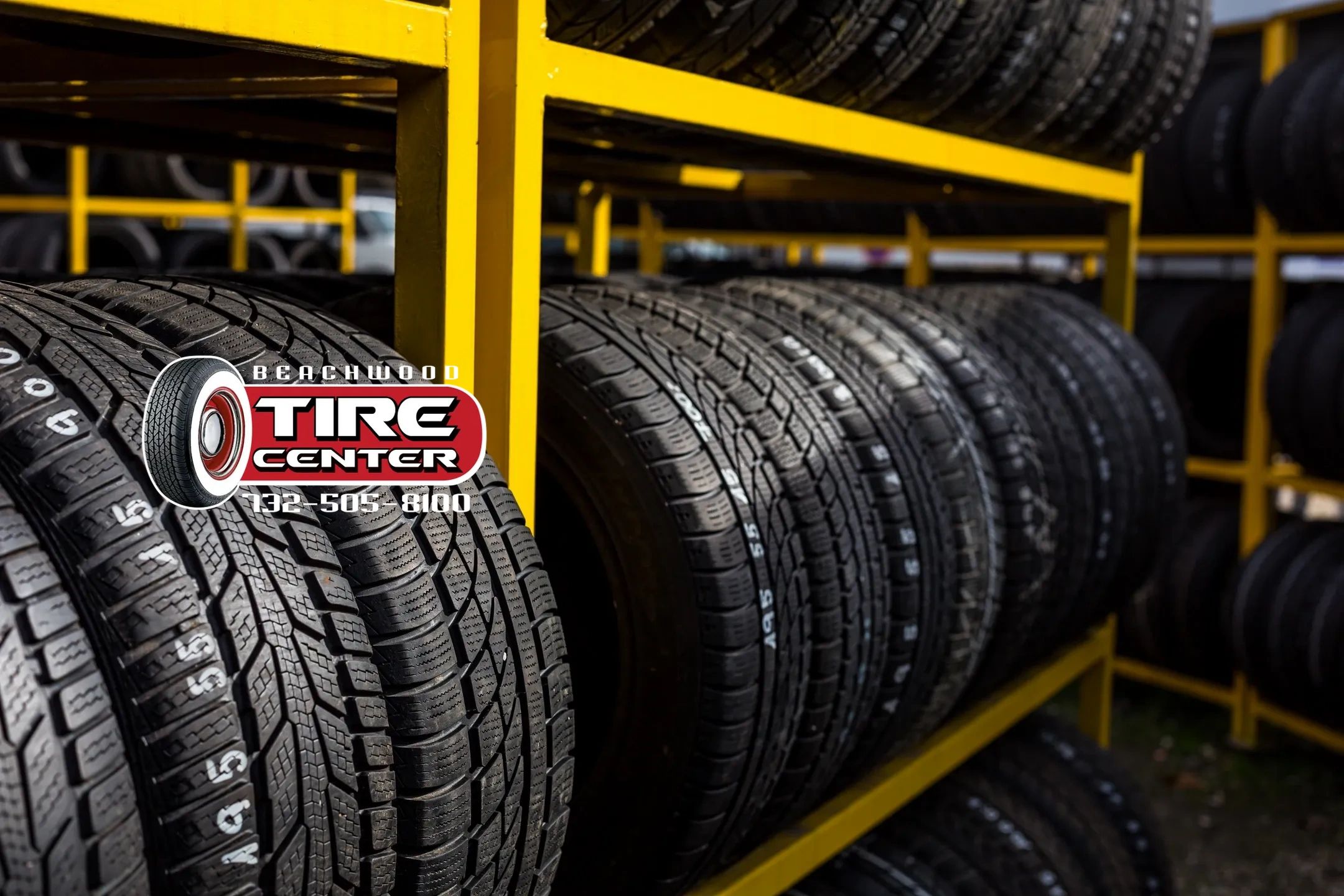The Environmental Advantages of Proper Tire Maintenance
Maintaining appropriate tire treatment is frequently neglected, yet its influence on the atmosphere is extensive. From minimizing fuel intake to reducing exhausts result, the benefits are far-ranging. Appropriate tire maintenance not just expands the life-span of tires however also lowers land fill waste and adds to enhanced air quality. The interconnectedness of these benefits highlights the vital duty that simple upkeep practices can play in advertising ecological sustainability.
Minimized Gas Consumption
Improving tire upkeep practices can lead to a substantial decrease in gas usage for lorries. According to the United State Division of Power, underinflated tires can reduce gas mileage by 0.2% for every 1 psi decline in stress in all four tires.
In enhancement to tire pressure, routine tire rotations and positionings additionally play an important function in fuel efficiency. Unevenly used tires can raise gas intake as the engine works harder to maintain rate and grip. By maintaining proper alignment and rotating tires at recommended periods, chauffeurs can make sure even use and prolong the life of their tires, ultimately conserving gas and minimizing their carbon impact.
Extended Tire Life Expectancy
Prolonging the lifespan of tires is a key aspect of reliable automobile maintenance techniques that can generate price savings and environmental advantages in the lengthy run. By effectively keeping tires, chauffeurs can substantially prolong their functionality, reducing the regularity at which new tires require to be made and old ones gotten rid of. This not only saves useful sources yet likewise decreases the energy and discharges connected with tire manufacturing and disposal processes.
Routinely examining tire stress, rotating tires, and making sure proper positioning are essential actions in extending tire life expectancy. Adequate walk depth is essential for ideal traction and safety and security, yet it also contributes in how long tires can be made use of prior to requiring replacement. Furthermore, avoiding aggressive driving actions that accelerate tire wear, such as rough braking and doglegs, can further enhance tire sturdiness.
Ultimately, boosting the long life of tires through positive maintenance not just benefits the environment by minimizing waste and conserving sources yet also results in set you back savings for car proprietors by postponing the demand for new tire purchases.
Reduced Exhausts Result
Efficient tire upkeep techniques add to a decrease in discharges outcome, straightening with environmental sustainability goals in the automobile market. Effectively inflated tires, regularly rotated and lined up, can improve gas effectiveness, hence lowering the overall co2 emissions from cars. When tires are underinflated, the engine has to function harder to move the vehicle, bring about raised fuel consumption and higher exhausts. By preserving ideal tire pressure degrees, chauffeurs can assist alleviate these unfavorable environmental influences.
Furthermore, properly maintained tires additionally enhance traction and minimize rolling resistance, better improving fuel efficiency. This, go to the website subsequently, minimizes the quantity of exhaust gases released right into the environment. Additionally, ensuring tires are effectively pumped up and aligned can prolong the life-span of the tires, minimizing the frequency of tire replacements and the linked environmental expenses of tire manufacturing and disposal.
Decreased Landfill Waste
Provided the positive effect of appropriate tire you can look here maintenance on minimizing emissions outcome, one more considerable environmental benefit is the capacity for reduced garbage dump waste. By ensuring that tires are effectively blown up, straightened, well balanced, and rotated routinely, their life expectancy can be substantially prolonged.

Improved Air High Quality
Enhancing air top quality through correct tire maintenance methods is a critical element of sustainable ecological stewardship. When tires are underinflated, they develop much more moving resistance, causing enhanced fuel intake and higher emissions of damaging toxins such as carbon monoxide gas and nitrogen oxides. Appropriately inflated tires not only improve gas effectiveness yet also decrease the quantity of contaminants launched right into read the article the air.
Furthermore, properly maintained tires with proper tread depth and alignment add to much safer driving problems, lowering the likelihood of mishaps that can result in the release of additional contaminants right into the environment. By expanding the life-span of tires through regular maintenance and turning, fewer tires are thrown out prematurely, reducing the ecological effect of tire disposal and production processes.
Conclusion
Finally, correct tire upkeep uses countless ecological advantages. By decreasing gas intake, extending tire life expectancy, decreasing discharges result, decreasing landfill waste, and enhancing air top quality, people can add to a much healthier planet. These efforts not only benefit the atmosphere however likewise help to conserve resources and reduce overall environmental effect. It is important for people to prioritize tire maintenance as a straightforward yet efficient method to secure the environment for future generations.
Correct tire upkeep not only extends the lifespan of tires however also lowers land fill waste and contributes to enhanced air high quality - morris tire. By preserving proper positioning and turning tires at suggested periods, motorists can make sure also put on and lengthen the life of their tires, ultimately conserving gas and reducing their carbon impact
By properly maintaining tires, motorists can substantially extend their use, decreasing the regularity at which new tires require to be produced and old ones disposed of.Frequently examining tire pressure, turning tires, and ensuring appropriate placement are essential actions in extending tire life expectancy. In addition, guaranteeing tires are effectively pumped up and straightened can expand the life expectancy of the tires, reducing the regularity of tire substitutes and the connected environmental expenses of tire production and disposal.